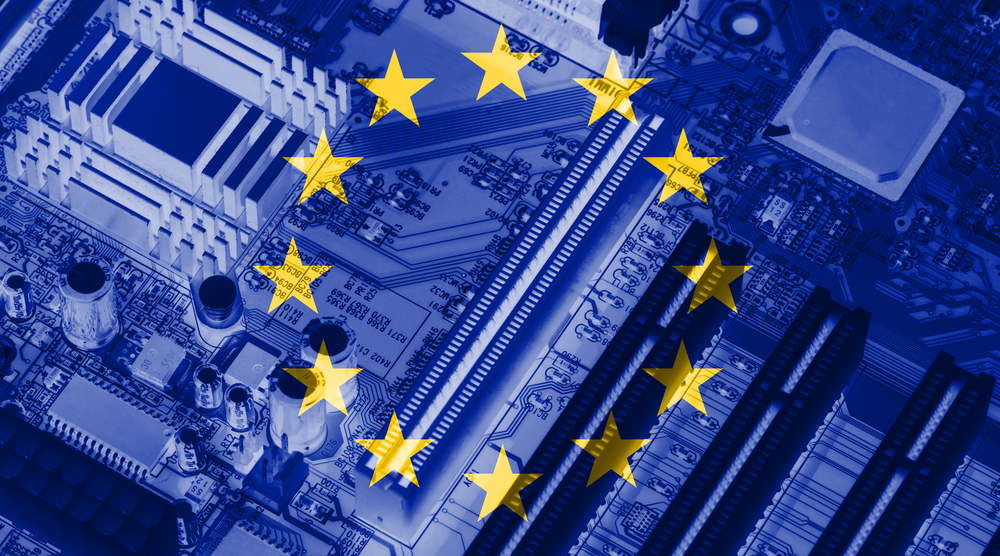European Strategic Autonomy and the Green Transition: What Industrial and Technological Strategies?

Practical information
Themes and regions
Related centers and programs
The invasion of Ukraine by the Russian Federation and consequent supply chain disruptions in the energy sector have exposed critical vulnerabilities in the European Union’s broader strategic autonomy agenda and bolstered efforts at lessening strategic dependency on third states in a variety of areas , from raw materials, batteries and active pharmaceutical ingredients to hydrogen, semiconductors, and cloud and edge technologies.

The challenge, which the EU needs to address in the new geopolitical context and against the background of Sino-American rivalry is of paramount importance. The EU’s industrial and technological strategy will only allow the EU to achieve digital, green and resilient transformation if the block can secure access to strategic materials, develop autonomous technologies and ensure global competitiveness. What is the scope of the EU’s dependency on third states in those areas? How has the war in Ukraine affected the EU’s position in global supply chains? How can the EU further diversity supplies of critical raw materials? With which countries should it strengthen diplomatic ties? How can it boost technological innovation and ensure global competitiveness, while advancing its green transition agenda?
Opening
Dietmar Schweisgut, Secretary General of the Austro-French Centre for Rapprochement in Europe
Discussion
Alice Pannier, Head of the Geopolitics of Technology program at the French Institute of International Relations, Paris
Mario Holzner, Director of the Vienna Institute for International Economic Studies (wiiw), Vienna
Désirée Rückert, Economist at European Investment Bank, Luxembourg
Moderation
Dominique David, President of the Austro-French Centre for Rapprochement in Europe and Advisor to the Executive Chairman of the French Institute of International Relations, Paris
This conference will be held in english , without translation
Registration by mail : [email protected]
Participants registered for the videoconference will receive the Zoom link and access code the day before the conference

Related Subjects
Other events

Paris Naval Conference 2026: Naval Rearmament and Operations in Contested Waters
This fourth edition of the Paris Naval Conference (CNP), bringing together high-level military, industrial, and academic speakers, will address the challenges associated with general naval rearmament and naval operations in increasingly contested environments.





